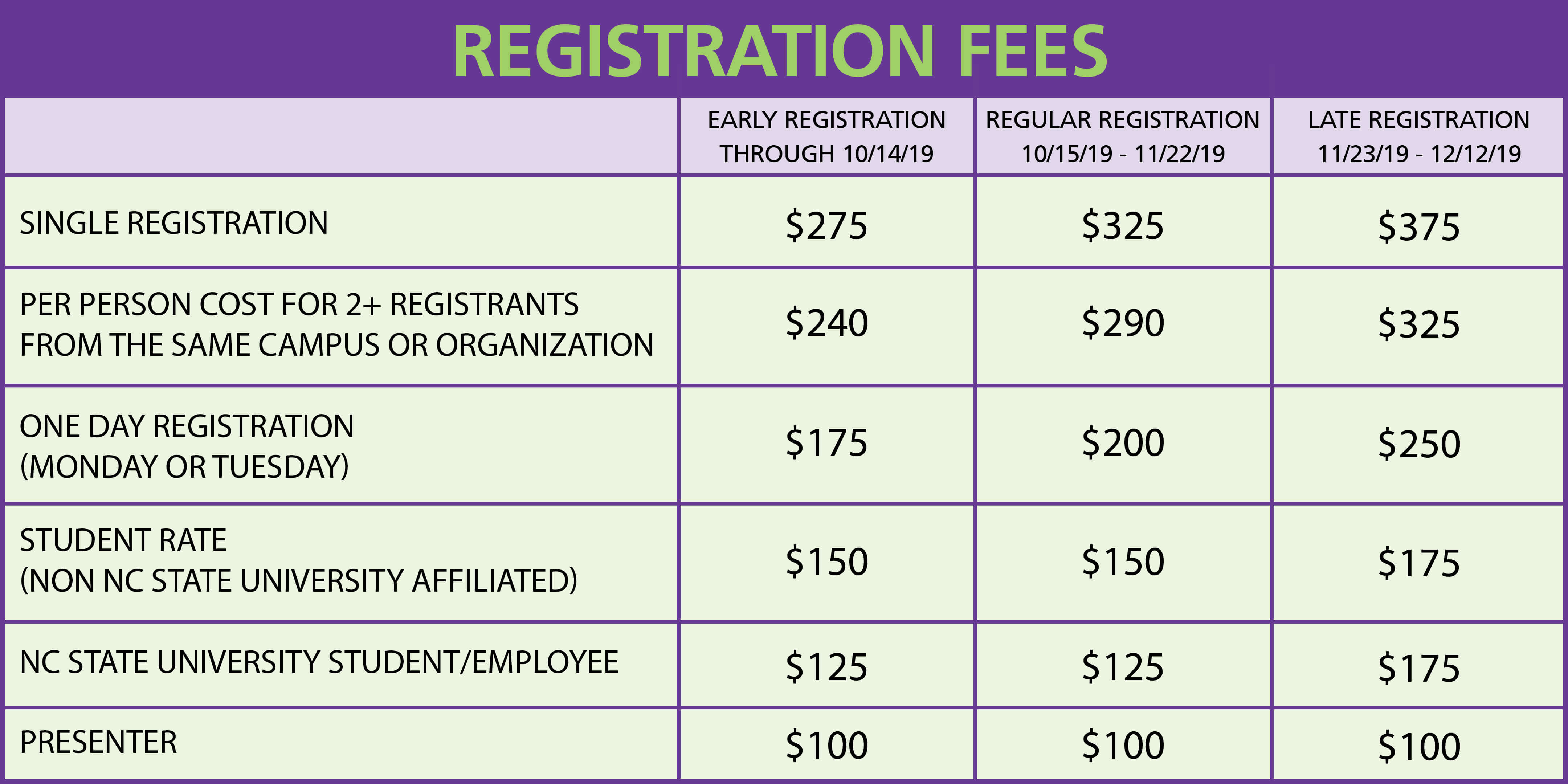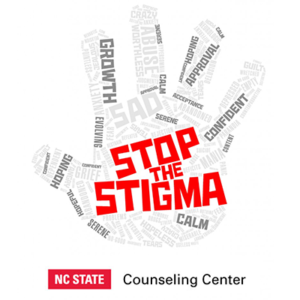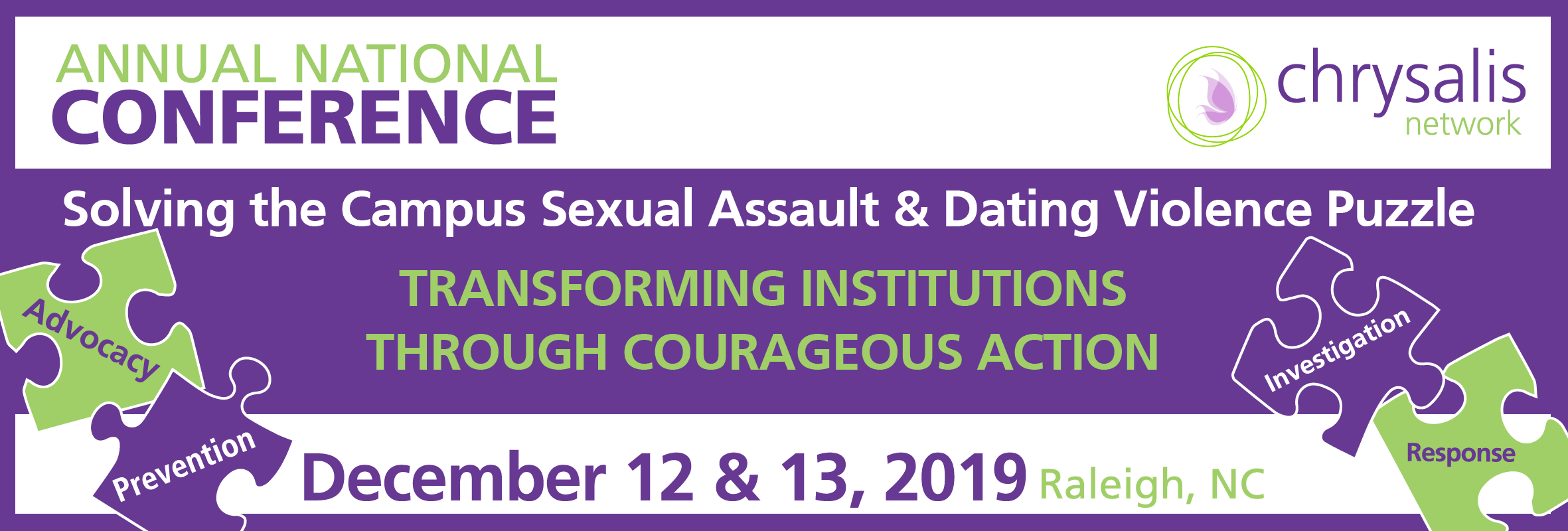
Conference Overview
The NC State University Counseling Center is proud to partner with Chrysalis Network to bring the 6th Annual Solving the Campus Sexual Assault & Dating Violence Puzzle National Conference to NC State University.
As the national lens continues to bring much needed attention to the crisis of sexual and dating violence, now is the time, more than ever, to spotlight, celebrate, and learn from the transformative prevention and response work being done in and around our campus communities.
This year’s conference will highlight the courageous work of those on campuses and in the community, who remain relentless in their push against the cultural norms of silence, victim-blaming, and minimization, to instead create safe, healthy, and accountable communities.
While “Puzzles”, as it has come to be known, facilitates learning opportunities in a traditional conference format, it is also a space grounded in building community through relationships and wellness. With an attendance cap of 250, and a plentiful and hard-working dedicated team ready to meet your needs, participants regularly share that they feel connected, supported, inspired and rejuvenated. Please join us this year as we continue to work together to solve the campus sexual assault & dating violence puzzle.
Click to Enlarge
IMPORTANT DATES:
Regular registration ends: 11/22
Late registration begins: 11/23

#PuzzlesNC2019
The NC State Counseling Center is proud to partner with the Chrysalis Network to bring the “Solving the Campus Sexual Assault & Dating Violence Puzzle” conference back to NC State campus this year. The Counseling Center is dedicated to being a part of the solution when it comes to sexual assault and interpersonal violence. We recognize the impact these traumatic experiences have on survivors, their friends and family, the campus and larger community as a whole. We also know that there is a stigma regarding what it means to be a survivor of sexual assault and interpersonal violence. With this stigma, survivors can feel unseen, unheard and unsupported. We understand how much courage it takes to reach out. We strive to “Stop the Stigma” and want survivors to know that we see you, we hear you and we are here to support you.
This year’s conference will be held in the beautiful and newly renovated Talley Student Center on NC State’s campus. This location is on NC State’s main campus making it a quick walk or FREE bus ride from either hotel.
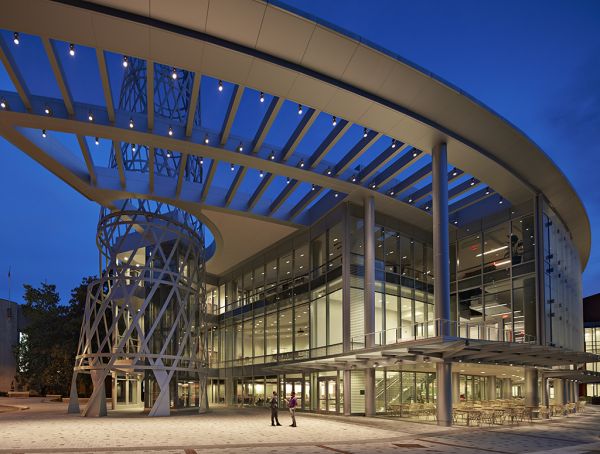
2610 Cates Avenue, Raleigh, NC 27606 | Map and directions
Schedule at a Glance
Thursday 12/12
7:30-8:30am Registration & Light Breakfast
8:30-9:15am Welcome by Juliette and Wes & Networking Activity
9:15-9:45am Keynote: Ebony Stewart
10-11:15am Breakout I
11:20-12:35pm Breakout II
12:35-1:50pm Lunch & Robert Prentky (1:35-1:50pm)
1:55-3:10pm Breakout III
3:15-5pm Roll Red Role Viewing & Discussion
5-5:30pm Closing Session: Skye Kantola
Friday 12/13
8:00-8:30am Registration & Light breakfast
8:30-9:30am Keynote: Rachel Gibson
9:40-10:55am Breakout IV
11:05-12:05pm Intensive TIX Session
12:05-1:00pm Lunch
1:00-2:15pm Breakout V
2:25-3:30pm Closing Keynote: Rebecca Campbell
Full Conference Program
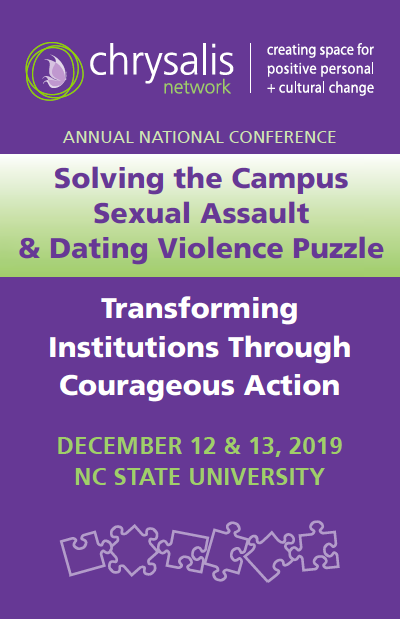
Breakout Sessions Schedule
Thursday
Session 1 (10-11:15am)
- Advancing Organizational Strategies for Combating Intersectional Everyday Sexism | Southern New Hampshire University: Brooke Gilmore
- Comprehensive Prevention Programming for Athletics | Elon University: Becca Bishopric Patterson & Andrew Stafford
- Conducting Campus Climate Surveys – Lessons Learned | RTI International: Dr. Christine Lindquist & Dr. Christopher Krebs
- From Theory to Practice: Using an Intersectional Framework to Develop Coordinated Community Response (CCR) to Gender-Based Violence on Campus | University of Colorado Denver: Shannon Collins; and Casa de Esperanza: María Cristina Pacheco Alcalá
- How Do College Students Understand and Communicate Consent? Translating Current Research into Practical Information for Prevention and Education | Connecticut College: Rachel Stewart
- The Art of Healing | RVAE: Dasan Ahanu
Session 2 (11:20-12:35pm)
- After Surviving R Kelly: Who’s Got Black Girls’ Backs? | CBK Enterprises: Chimi Boyd Keyes
- Beyond Compliance: Victim-Centered Campus Advocacy | University of Texas at El Paso: Elisa Chaides & Justin Tompkins
- Diving into Respondent Litigation: Pitfalls, Stumbling Blocks, and Best Practices | Rhodes College: Tiffany Baker Cox
- From the Backlog to “at-home” Kits: The Vital Role of Colleges in the Forensic Evidence Process | Public Protection at North Carolina Department of Justice: Juliette Grimmett
- Play for Prevention! Popular Education & Non-traditional Theatre for Campus Prevention Efforts | Perdue University: Skye Ashton Kantola; and Costal Carolina University: Amanda Masterpaul
- Sex Ed Done Right: An intersectional and sex positive approach to sexual and dating violence prevention | Wake Forest University: Steph Trilling & Olivia Thonson
Session 3 (1:55-3:10pm)
- Measuring our Actions Towards Institutional Transformation: How to evaluate our work to end violence in our communities | MSB Consulting: Melissa Siegel Barrios
- “POP”-ing Prevention Programming: Integrating Pop Culture into Your Work | North Carolina Coalition Against Domestic Violence: Taylour Neal
- Science-based Treatment Accountability, and Risk Reduction for Sexual Assault (STARRSA) | Fairleigh Dickinson University: Robert Prentky
- Sex Trafficking Among College Students | Virginia Commonwealth University: Abigail Conley; and Consultant, Jennifer Underwood
- The Joys and Challenges of Teaching About Gender-Based Violence in the Classroom | University of Virginia: Claire Kaplan; and Shelter for Help in Emergency: Cartie Lominack
- Working with Survivors of Color | California State University, Northridge/Strength United: Danielle Samuel
Friday
Session 4 (9:40-10:55am)
- Beyond Self-Care: Connecting Healing & Justice | Elon University: Becca Bishopric Patterson
- Comparative Analysis of Online Sexual Assault Curricula | Georgia Southern University: Gemma Skuraton & Lauren O. Patterson
- Including Students with Disabilities in Campus Sexual Violence Services |NC Office on Disability & Health: Lauren Howard; and NC Division of Mental Health/Development Disabilities and Substance Abuse Services: Shayna Simpson
- One Love Foundation: An Innovative Approach to Relationship Health Education on College Campuses and Beyond | One Love Foundation: Emily Lloyd & Annie Forrest
- Untapped: Engaging Graduate and Professional Students in Sexual Violence Prevention | Tulane University: Margaret Reynolds
Session 5 (1:00-2:15pm)
- Dating, Gaming, and Apps, Oh My! | National Network to End Domestic Violence: Rachel Gibson
- Reworking your Prevention Program to Reach College Students with ASD (Autism Spectrum Disorder) | Juniata College: Jody Althouse
- Teaching Responsible Employees to be Trauma-Informed: Practical Skills and Takeaways | Connecticut College: Rachel Stewart
- Therapeutic Treatment Implications for the Intersection of Rurality and Surviving Sexual Assault and/or Domestic Violence | Georgia Southern University: Lauren O. Patterson & Carolyn Jo Miller
- Transforming Communities: From Institutional Betrayal to Institutional Courage | Michigan State University: Dr. Rebecca Campbell
2019 Workshops
Advancing Organizational Strategies for Combating Intersectional Everyday Sexism
Southern New Hampshire University: Brooke Gilmore, Women’s Center Director, and Assistant Professor
After Surviving R Kelly: Who’s Got Black Girls’ Backs?
CBK Enterprises: Chimi Boyd Keyes, CEO & Founder
Beyond Compliance: Victim-Centered Campus Advocacy
University of Texas at El Paso: Elisa Chaides, Campus Advocate, and Justin Tompkins, Campus Advocate
Comparative Analysis of Online Sexual Assault Curricula
Georgia Southern University: Gemma Skuraton, Health Promotion Coordinator, and Lauren O. Patterson, Licensed Psychologist
Comprehensive Prevention Programming for Athletics
Elon University: Becca Bishopric Patterson, Assistant Director, Gender & LGBTQIA Center, and Andrew Stafford, Student Services/Elon Experiences Coordinator
Conducting Campus Climate Surveys – Lessons Learned
RTI International: Dr. Christine Lindquist, Senior Research Sociologist, and Dr. Christopher Krebs, Chief Scientist
Dating, Gaming, and Apps, Oh My!
National Network to End Domestic Violence: Rachel Gibson, Senior Technology Safety Specialist
Diving into Respondent Litigation: Pitfalls, Stumbling Blocks, and Best Practices
Rhodes University: Tiffany Baker Cox, Title IX Coordinator
From the Backlog to “at-home” Kits: The Vital Role of Colleges in the Forensic Evidence Process
NC Department of Justice/Public Protection: Juliette Grimmett, Sexual Assault Victim Policy Strategist, and Holly Jones, Community Partnerships/Outreach Coordinator
From Theory to Practice: Using an Intersectional Framework to Develop Coordinated Community Response (CCR) to Gender-Based Violence on Campus
University of Colorado Denver: Shannon Collins, Campus Training & Technical Assistance Program Manager; and Casa de Esperanza: María Cristina Pacheco Alcalá, Project Manager
How Do College Students Understand and Communicate Consent? Translating Current Research into Practical Information for Prevention and Education
Connecticut College: Rachel Stewart, Director, Sexual Violence Prevention and Advocacy
Including Students with Disabilities in Campus Sexual Violence Services
NC Office on Disability & Health: Lauren Howard, Director; and NC Division of Mental Health/Development Disabilities and Substance Abuse Services: Shayna Simpson, Contract Administrator
Measuring our Actions Towards Institutional Transformation: How to evaluate our work to end violence in our communities
MSB Consulting: Melissa Siegel Barrios, Founder/Evaluation Contractor
One Love Foundation: An Innovative Approach to Relationship Health Education on College Campuses and Beyond
One Love Foundation: Emily Lloyd, Engagement Manager, and Annie Forrest, Engagement Manager
Play for Prevention! Popular Education & Non-Traditional Theatre for Campus Prevention Efforts
Purdue University: Skye Ashton Kantola, Program Director, Multicultural Efforts to End Sexual Assault; and Coastal Carolina University: Amanda Masterpaul, Teaching Associate, Theatre and WGST Departments
“POP”-ing Prevention Programming: Integrating Pop Culture into Your Work
North Carolina Coalition Against Domestic Violence: Taylour Neal, Campus Services Specialist
Reworking your Prevention Program to Reach College Students with ASD (Autism Spectrum Disorder)
Juniata College: Jody Althouse, Director, Office for the Prevention of Interpersonal Violence
Science-based Treatment Accountability, and Risk Reduction for Sexual Assault (STARRSA)
Fairleigh Dickinson University: Robert Prentky, Professor
Self-Care as Radical Work
Elon University: Becca Bishopric Patterson, Assistant Director, Gender & LGBTQIA Center
Sex Ed Done Right; An intersectional and sex positive approach to sexual and dating violence prevention
Wake Forest University: Steph Trilling, Director, Women’s Center; and Olivia Thonson, President, Intersectional Feminist Collective
Sex Trafficking Among College Students
Virginia Commonwealth University: Abigail Conley, Associate Professor; and Jennifer Underwood, Consultant
Teaching Responsible Employees to be Trauma-Informed: Practical Skills and Takeaways
Connecticut College: Rachel Stewart, Director, Sexual Violence Prevention and Advocacy
The Art of Healing
RVAE: Dasan Ahanu, Advocate/Educator
The Joys and Challenges of Teaching About Gender-Based Violence in the Classroom
University of Virginia: Claire Kaplan, Program Director, Gender Violence and Social Change; and Shelter for Help in Emergency: Cartie Lominack, Executive Director
Therapeutic Treatment Implications for the Intersection of Rurality and Surviving Sexual Assault and/or Domestic Violence
Georgia Southern University: Lauren O. Patterson, Licensed Psychologist, and Carolyn Jo Miller, Graduate Assistant
Transforming Communities: From Institutional Betrayal to Institutional Courage
Michigan State University: Dr. Rebecca Campbell, Professor
Untapped: Engaging Graduate and Professional Students in Sexual Violence Prevention
Tulane University: Margaret Reynolds, Senior Health Promotion Specialist
Working with Survivors of Color
California State University, Northridge/Strength United: Danielle Samuel, Campus Care Advocate
2019 Posters
Sexual Aggression in UK Higher Education: A treatment needs analysis of male students
University of Kent, Canterbury: Samuel T. Hales, Doctoral Candidate
The Enthusiastic Consent Generation: How Gen Z Women Perceive the Me Too Movement
UNC Chapel Hill: Paige Logan, Graduate Student, and Margaret Moakley, Graduate Student
The Road of Campus Advocacy & Education
University of Texas at El Paso: Arely Hernandez, Director, and Jovana Nieto, Outreach Coordinator
Getting out of Our Own Way: Deconstructing Microassaults in Prevention Services
North Carolina State University: Maggie Johnston & Brittany Wake, Graduate Students
Sponsorship Application
This conference is made possible by generous sponsors who support this work!
Dr. Rebecca Campbell
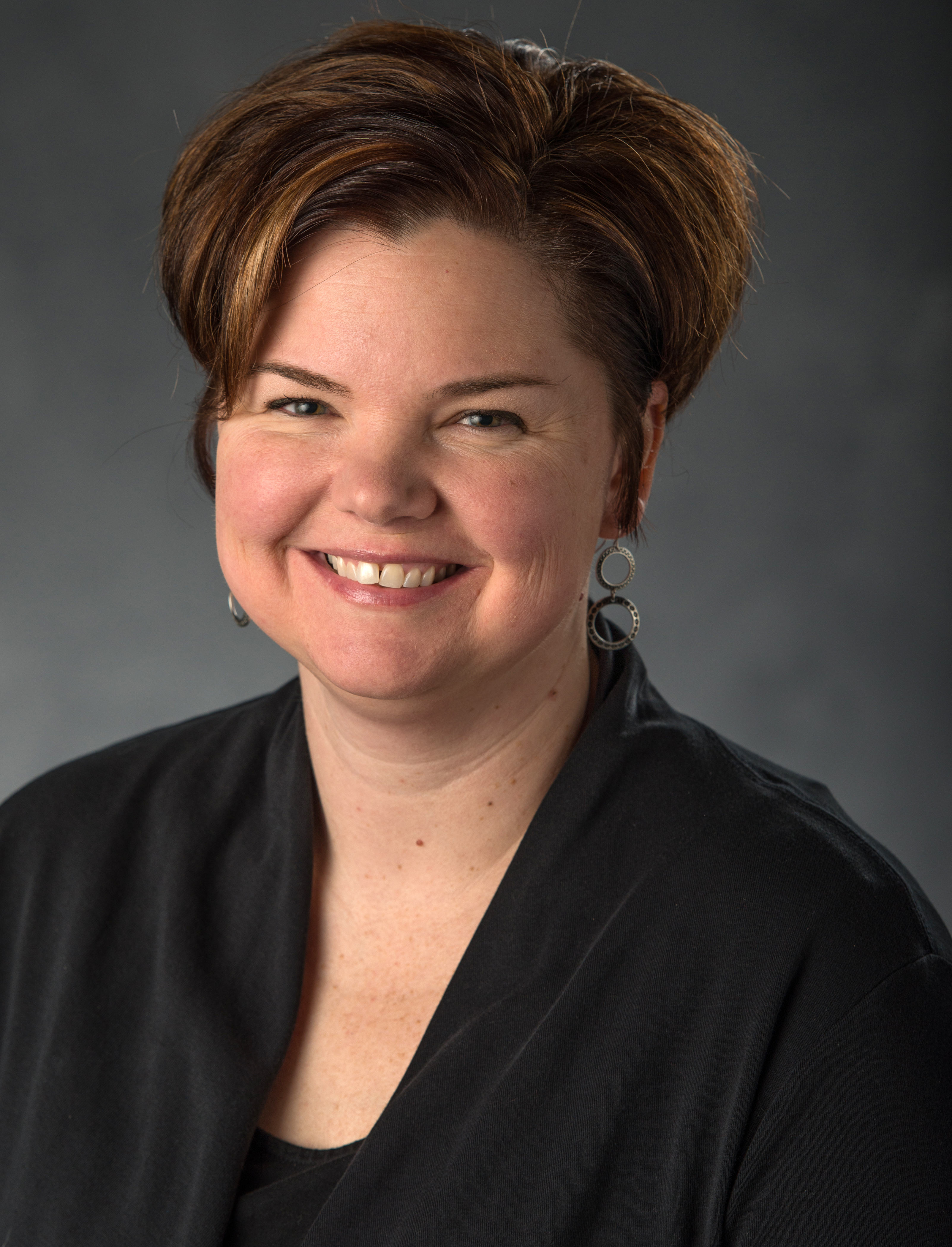
Dr. Rebecca Campbell is a Professor of Psychology at Michigan State University. Dr. Campbell’s research examines how contact with the legal and medical systems affects sexual assault survivor’s well-being. Most recently, she was the lead researcher for the National Institute of Justice-funded Detroit Sexual Assault Kit Action Research Project, which was a four-year multidisciplinary study of Detroit’s untested rape kits. Dr. Campbell also conducts training for law enforcement and multidisciplinary practitioners in civilian, military, and campus community settings on the neurobiology of trauma.
Presentation Title: Who Are the People In Your Neighborhood? Building A Trauma-Informed Response to Campus Sexual Assault Through Community Partnerships
In this presentation, Dr. Campbell will present data from a new national-scale project on the challenges of responding to campus sexual assaults. This session will begin by examining the multiple competing interests and the conflicts inherent in building a campus response to sexual assault. With that context, we will then examine new data on unintended negative consequences of compelled disclosure policies (often referred to as mandatory reporting policies). We explore how these conflicts and challenges may be mitigated through successful campus-community partnerships.
Rachel Gibson
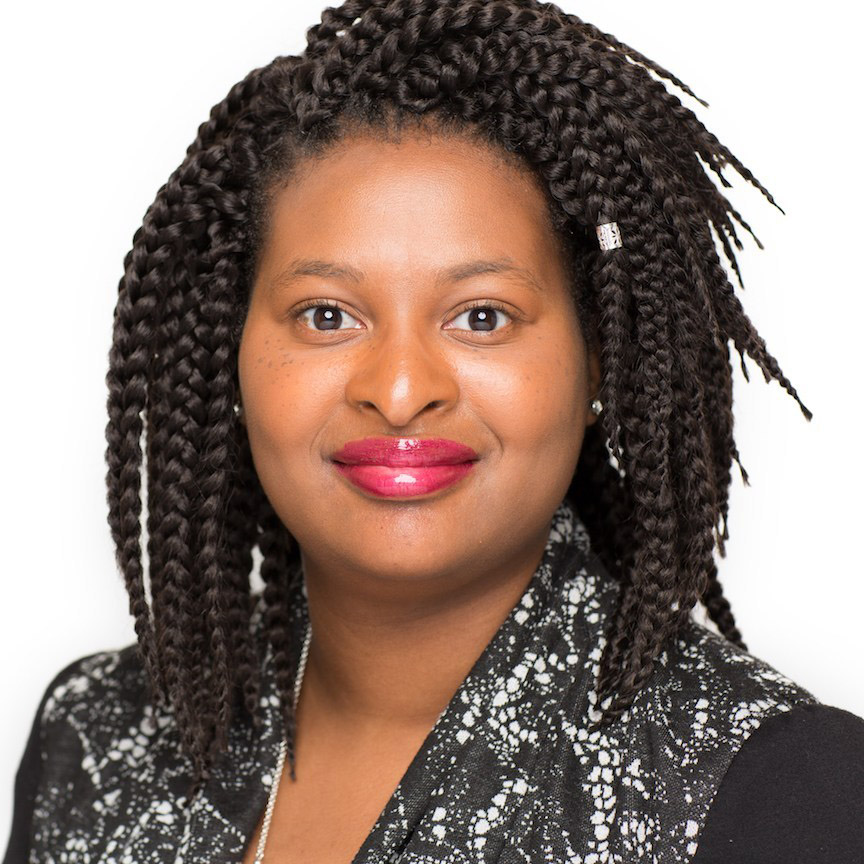
Rachel Gibson is a Senior Technology Safety Specialist on the Safety Net Team at the National Network to End Domestic Violence. She works to increase the safety and privacy of survivors and victims of crime. Rachel provides trainings, resources, and technical assistance to build the capacity of victim service providers, private industries and communities at large to provide advocacy to survivors in this digital society.
Rachel formerly worked on the National Resource Center on Reaching Victims through the Vera Institute of Justice, and at the Florida Coalition Against Domestic Violence as the Technology Safety Program Specialist. She holds a Master’s Degree in Criminal Justice from the University of Central Florida.
Presentation Title: From Snapchat to Spyware to Social Media: Technology Safety in a Digital Age
This training will discuss ways abusers misuse technology, strategies for survivors and advocates to enhance safety planning with technology, and ways survivors can protect their privacy and increase their safety when using technology.
Skye Ashton Kantola
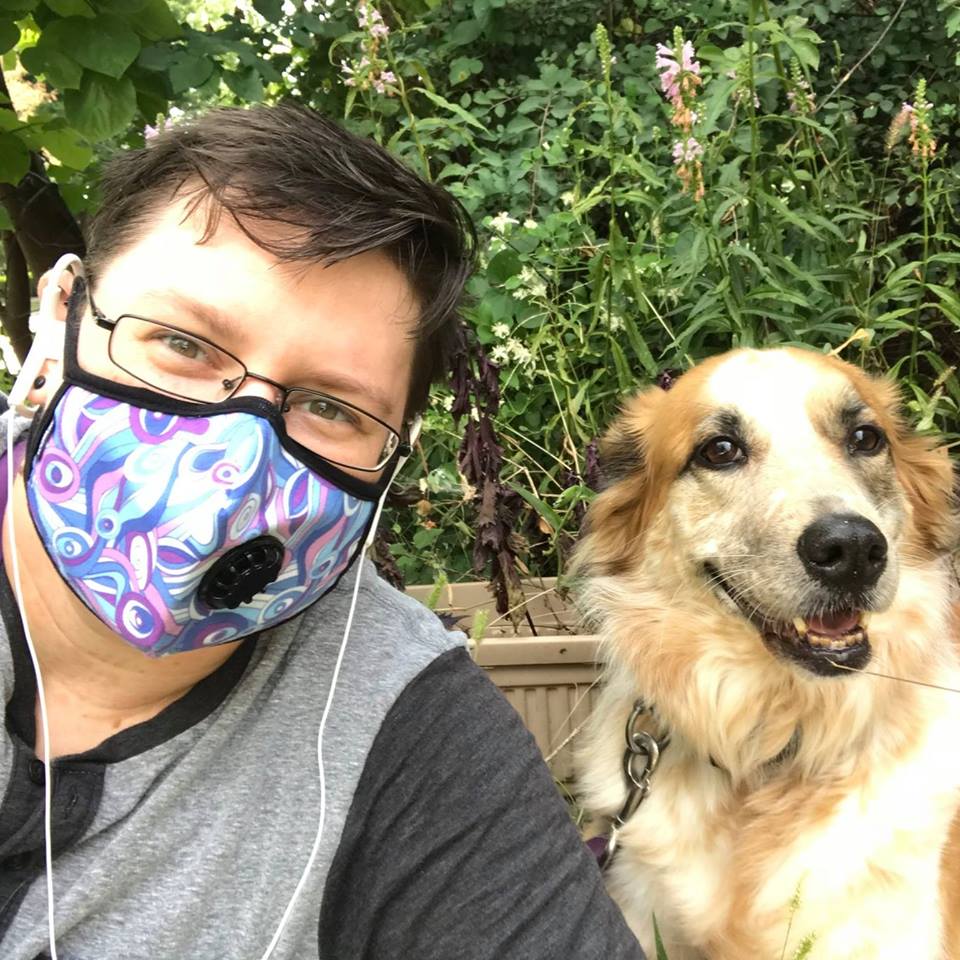
Skye Ashton Kantola is a violence prevention educator, a queer and trans community organizer, an engaged artist, and a work in progress. Skye became involved in queer justice, racial justice, and immigration reform movements while attending Texas A&M University as an undergraduate student. Skye’s passion for violence prevention, embodied education, and art is rooted in their experiences a disabled trans person, a survivor, and borne in part from their experience with crisis intervention and community organizing work in Texas and now Indiana.
Shortly after moving to Indiana in 2012, Skylar began contributing to intersectional LGBTQi+ focused violence prevention efforts state wide as the Program Coordinator for the Multicultural Efforts to end Sexual Assault (MESA) program based out of Purdue University. Since 2018, Skye and several collaborators have expanded MESA’s work to include a statewide Abuse Prevention Disability Task Force engaging self-advocates, caregivers, service providers, and anyone interested in connecting disability justice and violence prevention. She has served as Communications Director for Pedagogy and Theatre of the Oppressed, Inc. since 2015, writes and performs spoken word poetry, and creates visual artwork focused on trauma and resiliency in marginalized communities through their art adventure Faerie Bear Art. Skye mostly uses she or they pronouns and enjoys going by Skye or Skylar. In their free time, Skye enjoys compassionately disrupting complacency, doing positive dog training, exploring and practicing trauma healing, and taking care of the Earth.
Presentation Title: The Image of Transition: Enacting Strategies to End Campus Sexual Violence
Film Screening & Discussion

Roll Red Roll is a true-crime thriller and impact campaign that goes behind the headlines of the notorious Steubenville, Ohio rape case to uncover the deep-seated and social media-fueled “boys will be boys” culture at the root of high school sexual assault in America. The film unflinchingly asks, why didn’t anyone stop it? The impact campaign engages communities around the nation to answer this question for themselves, creating opportunities, tools and pathways for men and boys to challenge ingrained thinking about masculinity and explore their leadership potential in the fight against gender-based violence.
Dr. Robert Prentky
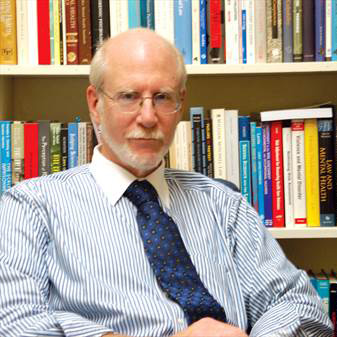
Dr. Robert Prentky is a Professor in the School of Psychology at Fairleigh Dickinson University (Teaneck, NJ campus) and Director of Forensic Training. He has practiced as a forensic psychologist for the past 35+ years, and in that capacity assessed or supervised the assessment of 2,000+ sex offenders. He has been conducting research on sex offenders for 38 years, and has been the principal or co-principal investigator on 19 state and federal research grants, including: a recently completed 4-year DOJ grant developed and sited treatment programs for college students that were found responsible for sexual misconduct; and a current, 3-year DOJ grant in which he developed and is presently piloting a new protocol for assessing juvenile sex offenders. He has served as an ad hoc reviewer for 18 professional journals, and has chaired two conferences on sexual offenders for the New York Academy of Sciences (1988 & 2002). He has presented hundreds of times in the U.S., Europe, Canada, and Israel, and published 80+ papers/chapters and six books. His most recent book, Sexual Predators: Society, Risk, and the Law, was published in 2015. He was elected a Fellow of the American Psychological Association in 2003 and the Association for Psychological Science in 2006.
Ebony Stewart

Ebony Stewart is an international touring poet and performance artist. Her work speaks to the black experience, with emphasis on gender, sexuality, womanhood, and race, with the hopes to be relatable, remove shame, heal minds, encourage dialogue, and inspire folks in marginalized communities. As one of the most decorated poets in Texas, Ebony is one of the top touring poets in the country and a Woman of the World Poetry Slam Champion. Her work has been featured in For Harriet, AfroPunk, Teen Vogue, and The Texas Observer. The only poet to perform at the 2018 Seattle Pride Festival before 200,000 people, was Ebony Stewart. Please welcome, the story of the black girl winning, Ebony Stewart.
Child Policy
We recognize and honor the challenges that come with being a working parent. While childcare will not be offered on-site, we will do everything possible to support you if you need to bring your baby or child to the conference. Lactation rooms available on-site. Please contact Juliette for any questions: (919) 624-9575 or juliette@chrysalisnetwork.com.
Cancellation & Refund Policy
If you cancel your registration prior to November 1, 2019, you will receive a full refund, minus a $50.00 processing fee. You can receive a 50% refund minus the $50.00 processing fee if you cancel between November 1-November 15. No refunds will be given after this deadline. Please submit cancellation and refund requests to Juliette.
This refund policy includes weather or travel-related problems and will not reimburse registration fees for these issues. However, in the event that Chrysalis Network must cancel the entire conference due to unforeseen circumstances such as inclement weather or natural disaster, you can transfer your registration to the following year. No refunds will be issued. Additionally, Chrysalis Network does not assume responsibility for any additional costs, charges, or expenses such as those associated with travel, lodging, and per diem.
If you register as a single campus/organization representative and other members from your campus or organization register at a later date, upon notification and confirmation, you will be reimbursed for your overpayment. Similarly, if you register as a multiple campus representative and you are the only representative, you must pay the difference no later than November 15, 2019 or your registration will be canceled and will be subject to the refund schedule listed above.
For More Information:
Juliette Grimmett
juliette@chrysalisnetwork.com
(919) 624-9575
